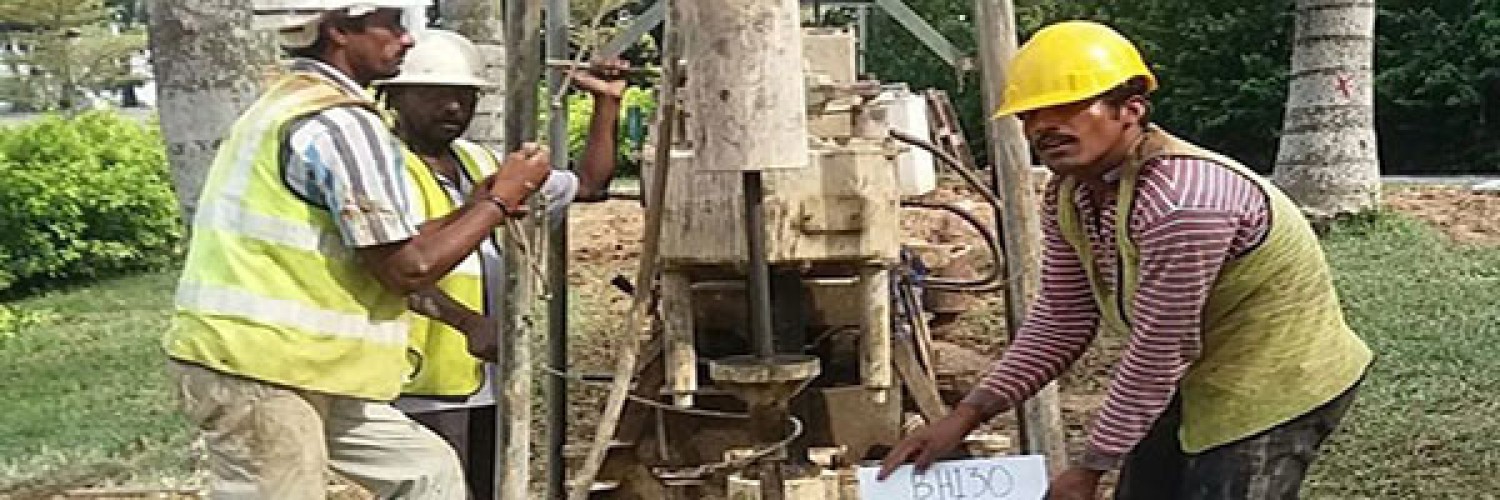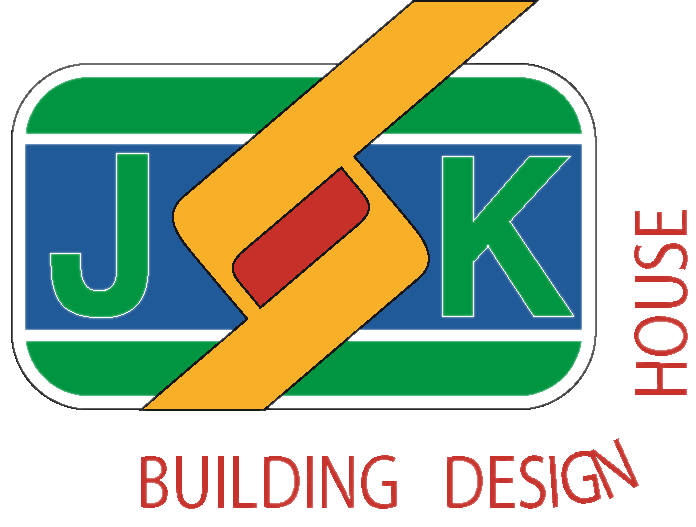
SOIL TEST Intro
Soil testing is a critical process that helps determine the properties and composition of the soil at a particular site. At JSK Building Design House, we conduct thorough soil testing to evaluate the suitability of the soil for construction, landscaping, or agricultural purposes. Understanding the soil’s physical and chemical properties is essential for designing safe, stable, and efficient structures or projects.
Soil tests can reveal information about the soil’s bearing capacity, moisture content, drainage properties, compaction, and potential for expansion or contraction. With this data, we can make informed decisions about foundation design, material selection, and overall project planning, ensuring long-term stability and safety.
By using advanced testing methods and state-of-the-art equipment, JSK Building Design House provides precise soil analysis that helps our clients mitigate risks, reduce costs, and improve the overall quality of their construction projects.
SOIL TEST DETAILS
At JSK Building Design House, we offer comprehensive soil testing services to assess the characteristics and quality of soil at your project site. Our team utilizes advanced equipment and industry-standard testing methods to provide detailed and accurate results. Soil testing is crucial for understanding the soil's behavior under load, ensuring the safety and stability of your construction project, and identifying any potential issues that could arise during the project lifecycle.
Our Soil Testing Services Include:
Soil Classification Tests:
We perform soil classification tests to determine the soil’s composition, such as the percentages of sand, silt, and clay. These tests help identify soil types (e.g., sandy, clayey, loamy) and their suitability for construction. This classification guides the design of foundations and other key structural elements.Standard Penetration Test (SPT):
The Standard Penetration Test measures the soil's resistance to penetration, providing valuable data on the soil’s density and strength. It helps determine the soil’s bearing capacity and informs foundation design by assessing its ability to support loads.Proctor Compaction Test:
This test is used to determine the optimal moisture content at which soil can be compacted to achieve maximum dry density. It is essential for assessing the compaction properties of the soil and ensuring that the site can achieve the required stability for construction.Shear Strength Test:
The shear strength test evaluates the soil’s ability to resist shear forces, which is crucial for designing foundations, slopes, and retaining walls. This test helps assess how the soil will perform under load, especially in areas with loose or unstable soil.Soil Bearing Capacity Test:
This test determines the maximum load that the soil can safely support without undergoing excessive settlement or failure. It’s a critical test for foundation design, ensuring that the soil can handle the weight of the structure without compromising stability.Atterberg Limits Test:
The Atterberg limits test measures the plasticity of fine-grained soils and determines the water content at which soil changes its state from liquid to plastic and from plastic to solid. This test helps to predict the behavior of cohesive soils and ensures they are suitable for construction.Permeability Test:
Permeability tests determine the rate at which water can flow through soil. This is particularly important for assessing drainage, foundation design, and construction in areas with high groundwater levels or poor drainage. It helps design proper foundation drainage systems and mitigate water-related risks.Groundwater Table Analysis:
We assess the groundwater level and its seasonal variations, as groundwater can significantly affect the stability and safety of a construction project. This analysis helps in determining the depth of foundations and the need for dewatering measures.Cohesion and Friction Angle Test:
This test determines the cohesion and friction angle of the soil, which helps assess the soil's shear strength. These properties are important for designing retaining walls, slopes, and other structures that rely on soil stability.Soil Resistivity Test:
Soil resistivity tests are conducted to measure the soil's electrical resistance, which is essential for determining corrosion risks to metal foundations and structures, particularly in areas with aggressive soil conditions.Consolidation Test:
The consolidation test evaluates how soil will compress under the weight of a building or other structures over time. This helps us predict potential settlement issues, ensuring that foundations are designed to accommodate gradual changes in the soil structure.Expansive Soil Testing:
For areas where expansive soils are common, we conduct tests to determine the soil’s potential for expansion or contraction due to moisture content changes. Expansive soils can cause significant damage to foundations if not properly addressed in the design phase.Environmental Soil Testing:
We conduct environmental soil tests to check for the presence of contaminants such as heavy metals, chemicals, and other pollutants that may affect the health and safety of the site. This testing is particularly important for projects in industrial areas or sites with a history of contamination.Soil Sampling & Site Evaluation:
We provide detailed soil sampling and site evaluation services to gather a comprehensive understanding of the soil conditions across the entire site. Our team ensures that samples are collected at various depths and locations to provide a complete picture of the soil profile and its behavior.Soil Improvement Recommendations:
Based on the test results, we provide recommendations for soil improvement techniques, such as soil stabilization, compaction, or the addition of stabilizing agents, to improve the soil's load-bearing capacity and overall performance.Reporting & Analysis:
After conducting soil tests, we provide detailed reports with clear analysis and recommendations based on the test results. These reports help guide project planning, design, and construction decisions and ensure that the site meets necessary regulatory and safety standards.
JSK Building Design House ensures that each soil test is conducted thoroughly and with the utmost accuracy. Our soil testing services provide you with the critical data needed to make informed decisions about your construction project, ensuring the safety, stability, and longevity of your structure. Whether you are building a residential home, commercial building, or infrastructure, our comprehensive soil testing services give you the insights you need to proceed with confidence.

